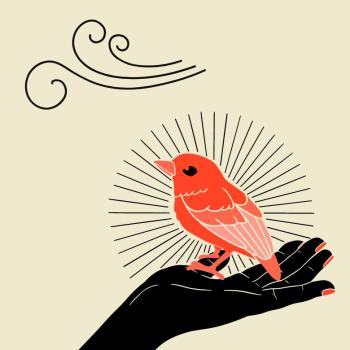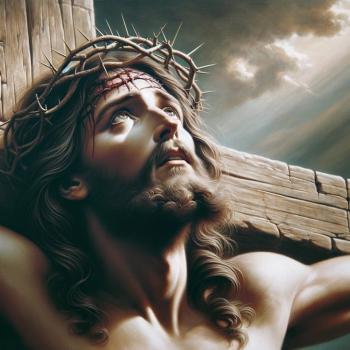Most Latter-day Saints aren't even aware that there were blacks—both enslaved and freeborn—among the Mormon pioneer companies. As we look at the race issue in this Mormon Moment—and we surely will—the pioneers of color have much to teach us about our evolving values and our history. Each brings a fresh perspective to what it meant to be black and Mormon in the 19th century, and provides moral directives for the 21st century.
In this series, I will be focusing on Jane Manning James, Biddy Smith Mason, Green Flake, Q. Walker Lewis, and Len and Mary Hope. I won't simply be telling their stories, however, but suggesting ways in which each story sheds light on our moral trajectories now.
You may know the basic story of Jane James, but you may not have appreciated her very personal understanding of the scriptures.
You may know that Green Flake was a "colored servant" in the vanguard pioneer company, but may not be aware of his feelings on slavery.
You likely have not heard of Q. Walker Lewis, and so are unaware of his remarkable background as the rather famous nephew of Quock Walker, whose several court cases in Massachusetts emancipated slaves there.
You should know the story of Biddy Smith Mason, which opened a conversation between President Gordon B. Hinckley and Pastor Cecil Murray, during which President Hinckley offered an unofficial apology for the Church's participation in slavery and racism.
Finally, Len and Mary Hope, who lived later than the other "pioneers," teach us about our ability to enforce segregation or to open our doors and invite all to "the welcome table."
These are histories we should know. They can help us thoughtfully respond to questions we will be asked during this political season, and they can enlarge our hearts with compassion and with greater resolution to become both unified and diverse.
12/2/2022 9:09:20 PM




